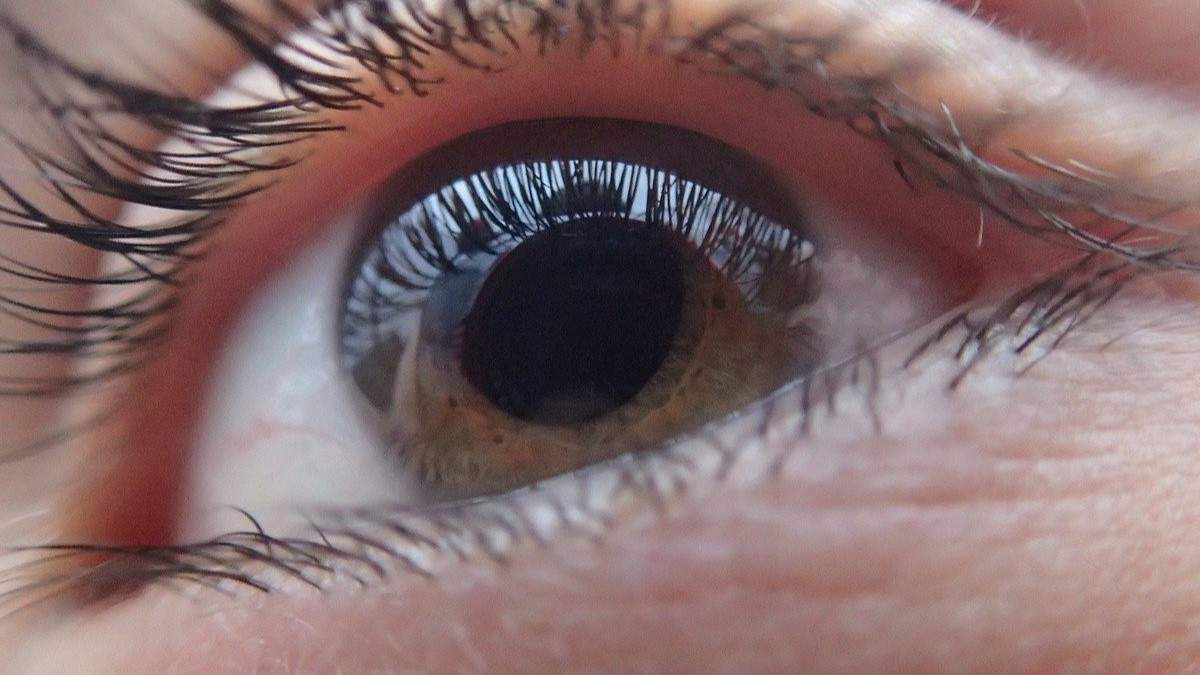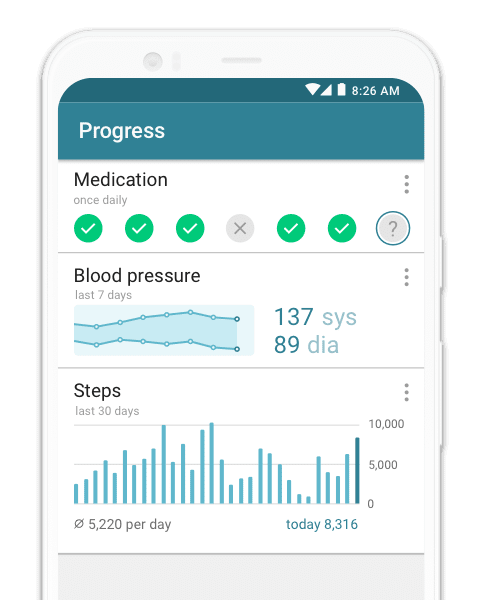Glaucoma and cataracts are both relatively common eye disorders. Due to the range of shared symptoms and often shared outcomes, some may be led to believe that they have more in common than they do, such as underlying causes. In today’s article, we’ll break down the similarities, as well as the differences, between the two conditions.
About the conditions:
Both glaucoma and cataracts share many symptoms affecting vision and, in many cases, leading to vision loss. For this reason, it’s often not possible to distinguish between the two conditions without a proper examination. The primary difference between these two conditions, the underlying cause, can be identified by a doctor after performing an eye examination, often dilating your pupils, and testing the pressure in your eye.
Glaucoma, unlike cataracts, is caused by a buildup of fluid within the eye. Cataracts are caused by broken-down proteins accumulating in the eye. This distinction is an important one as it greatly affects the outlook. Generally, any vision loss that has occurred following glaucoma is not reversible, while surgery is generally able to restore any vision loss caused by cataracts.
While it’s good to understand that glaucoma and cataracts are not the same, they are still connected. Aside from sharing similar symptoms, cataracts left untreated can cause glaucoma, making it even more important to seek treatment if you notice any changes in your vision. The easiest way to protect yourself is to make sure you have your eyes examined every year. That said, sudden vision changes should be addressed immediately, don’t wait until your next check-up. The key to preserving your vision with either condition is treating it as early as possible.
Causes and risk factors:
The biggest risk factor for both cataracts and glaucoma is simply getting older. In fact, by the age of 75, the chance of developing cataracts jumps to nearly 50%.
While there aren’t any lifestyle changes that will keep you young forever, there are several other factors you can keep an eye on to reduce the risk of developing cataracts, and in turn protect yourself better from glaucoma. In general, a healthy lifestyle greatly reduces your risk of cataracts, this means that you should avoid smoking, maintain a healthy weight, avoid excessive alcohol consumption, and maintain a healthy blood pressure.
There are a few risk factors for glaucoma specifically that are also out of your control, such as having immediate family members with the disease, or having African American or Latino heritage. Still, the best thing you can to do protect yourself from glaucoma is doing everything you can to avoid cataracts.
Treatments:
Treatment is another area where there is a clear distinction between cataracts and glaucoma. This is because treatment for both conditions centers around the underlying causes, which are of course different.
The first line of treatment for glaucoma is typically medicated eye drops that can aid in reducing the pressure in the eye. However, in more severe cases, or cases where eye drops have been ineffective, laser eye surgery may be necessary. There is also a type of treatment involving small drainage tubes being installed in your eye to facilitate the better release of fluids, as an additional measure if other treatments have not been sufficient.
Treating cataracts is often less complicated, so much so that in minor cases a simple prescription change with your glasses may be enough. If cataracts are more advanced a present a greater threat to your vision or may lead to glaucoma, cataract surgery may be necessary. It’s worth noting that this procedure is generally not risky and normally yields positive results.
The conclusion:
The bottom line is that early detection and treatment are everything. Glaucoma and cataracts affect a combined 27 million people in the US alone. For a large percentage of these people, it’s possible to live a normal life with good vision, due to early treatment. Make sure you get your eyes checked regularly and don’t ignore any vision changes.
Here are some other articles we think you might enjoy:
Therapy for Wet Macular Degeneration: Are There Alternatives to Injections?
MyTherapy and Accessibility: Medication Management for Everyone



